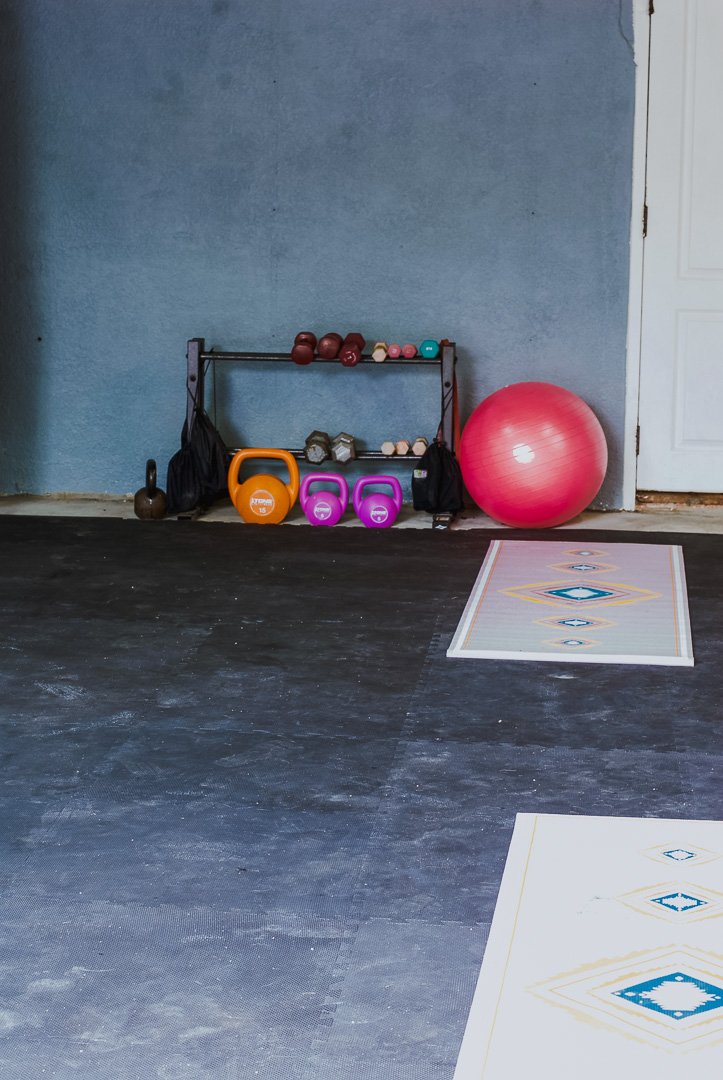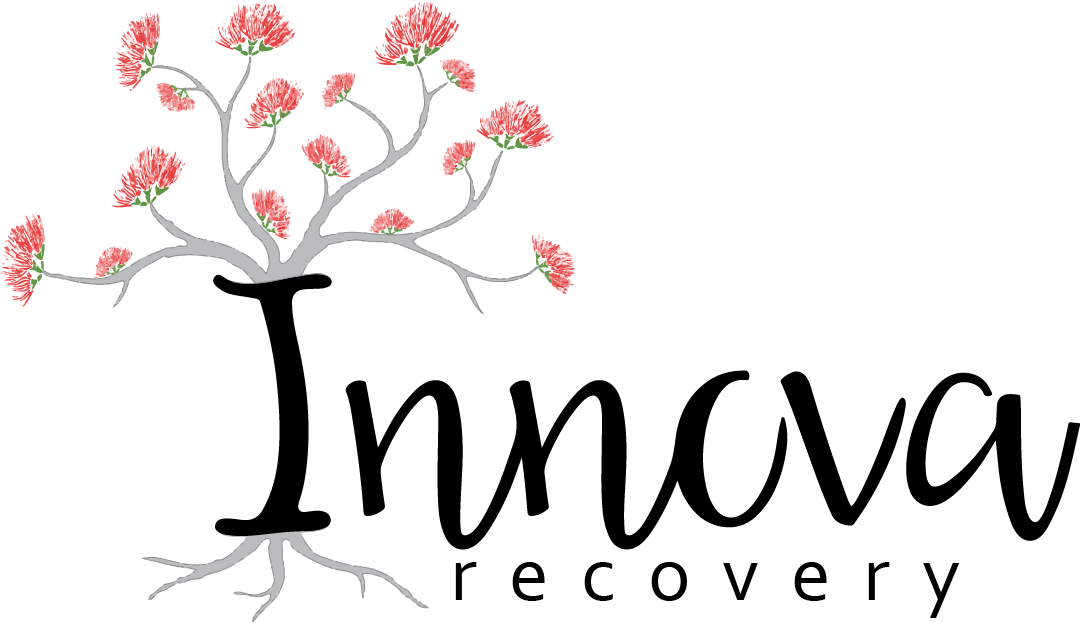Itʼs likely youʼve heard by now that exercise can be an effective tool to manage mental health symptoms. Itʼs equally likely that 99% of the people reading this also just let out a groan at the thought of having to sign up at a gym, wake up an hour earlier in the morning, dig your old gym shoes out from the bottom of your closet, work up the courage to go to the gym or find a time of day it isnʼt blazing hot to go on a run (I mean who wants to run in Texas in the summer anyway?), and get that popularly touted, mental health curing workout in.
Not really your style? Thatʼs ok.
Movement (or exercise) can look entirely different for everyone and still accomplish the same benefits. The most important thing is finding something that makes your body and mind feel good. For some people, this does mean going to the gym and getting an intense workout done. For others, it means going on a run. But for many people, it can be even simpler than that.
Walking is one of the most underrated forms of movement. Weʼve all heard the “10,000 steps per day” nonsense (as in thereʼs no research to show that 10,000 steps is an effective number and was actually arbitrarily picked by fitness watch manufacturers to sell watches, but thatʼs another story) but walking doesnʼt have to be that long or measured in any way to be beneficial. Even getting out for a 5 minute walk can improve your mood dramatically, or distract you from self destructive behavior, or be the stepping stone for creating the changes you want to see in your life.
There are numerous reasons that walking can be game changing for your mental health. Spending time in nature has been shown to reduce feelings of depression and anxiety, as well as promote grounding and relaxation. Walking helps tie physical movement to regulated breathing, which has a calming effect on the nervous system. Going for a walk is also a lower impact form of movement than running, while still improving your cardiovascular health and muscle tone. All of these benefits can be available to you in as few as 5 minutes of walking.
Interested in more on the effects of movement and mental health? Keep an eye out for more blog posts coming soon!
Bea Morrealle, LPC
The Power of Movement on Mental Health
It's likely you've heard by now that exercise can be an effective tool to manage mental health symptoms...
Written by:
Published on:

Share Article:
Take a deep breath, you’re home...
Seeing our patients overcome trauma and live a full life is the reason
we are here. Therapy shouldn’t make you feel like you’re a patient in a hospital, but should
feel as if you are being welcomed by a good friend.
We offer in-person & virtual
treatment for teens & adults.
Weekly Newsletter
No Spam. Just tips & tricks to help you navigate trauma.








